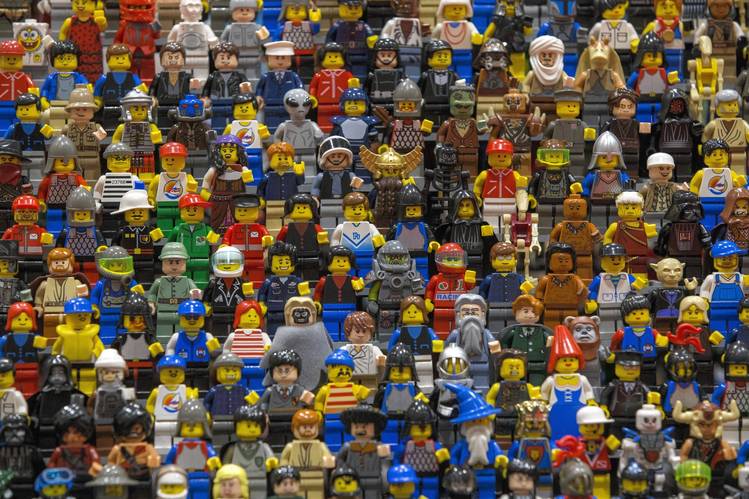Lego, the Danish toy maker, says it will spend $150 million and hire more than 100 staffers to research, develop, and introduce “sustainable raw materials” to replace the petrochemical-based polymers it uses to produce its famous building-block toys. The company aims to make the switch by 2030.
The firm says it currently manufactures its toys from a wide range of materials, but industry sources say the key raw material for its blocks is acrylonitrile-butadiene-styrene (ABS), a copolymer of styrene and acrylonitrile synthesized in the presence of polybutadiene rubber.
Lego’s desire to change plastics stems from its environmental goals. “Finding alternatives to the materials used to make these bricks would significantly reduce the Lego Group’s impact on the planet,” says Lego owner Kjeld Kirk Kristiansen. The firm also plans to make its packaging from sustainable raw materials.
In 2014, the company used 77,000 metric tons of raw materials to create more than 60 billion Lego pieces. Styrolution, a styrenic polymers maker that counts Lego as one of its important ABS customers, declined to comment on Lego’s plans.
Lego is seeking to hire a range of scientists for the project, including chemists, materials specialists, engineers, and parts designers. The firm also wants “people who are good at creating networks,” because it plans to collaborate with outside organizations. To house the research team, in 2015 and 2016, Lego will create the Lego Sustainable Materials Centre in Billund, Denmark, where it is based.
Lego To Replace Oil-Based Plastics
513





